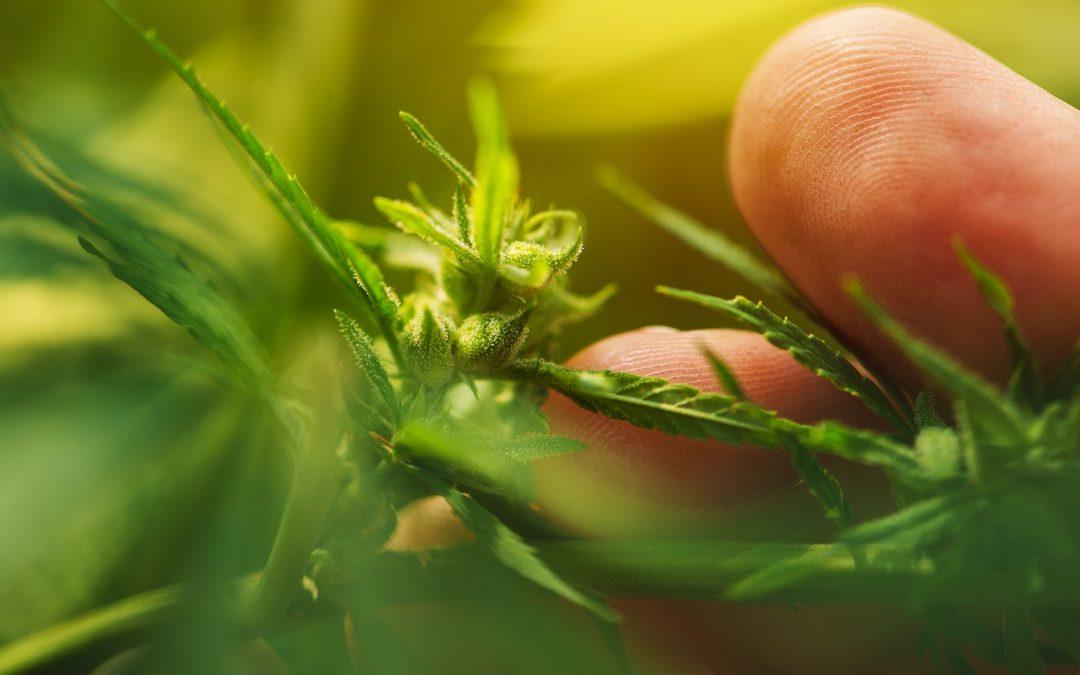Can Hemp Farming Help Save Water?
The world’s rapidly shifting climate has led many experts to believe that a global water crisis is looming on the horizon. With warming temperatures, a dwindling water supply, and deteriorating soils, farmers and agriculturalists around the world are growing increasingly concerned about the future security of their jobs and of their industries.
These concerns have sparked a growing interest in alternative and sustainable farming practices and products in a growing number of agricultural experts. Hemp is one such agricultural product with properties and a mode of production that may be able to provide relief to farmers and consumers as we continue to collectively feel the strain of an intensifying water crisis.
If you’re interested in obtaining an ag loan, but also concerned about how agriculture will be affected by our changing climate, you’re not alone. In this post, we’ll explore how hemp might be able to provide some viable solutions.
What is hemp?
As someone who’s looking to secure an agriculture loan, you’ve no doubt heard of hemp before. But before we jump into how it might be able to provide relief during a water crisis, let’s first shed some light on what hemp is, why it’s unique, and what its commercial applications are.
As many of you probably know, hemp is a plant that is most famous for its unique effects on the human body. It is also, however, a source of remarkably strong and versatile fibers which can be used to produce a huge range of fabrics, textiles, and other commercial products. Paper, for example, was almost exclusively made from hemp in the United States until congress illegalized its use through the Marijuana tax Act of 1937.
Thankfully, our understanding of and appreciation for hemp has expanded considerably in the last eight decades. Today this remarkable crop – though still illegal for consumption in many parts of the United States – is once again starting to be embraced as a valuable agricultural product with an impressively wide range of applications.
Hemp and Sustainability
Hemp is a weed, which means that it requires very little water or human attention in order to thrive prolifically. Cotton, by comparison, requires a great deal of water and careful attention in order to be brought to harvest. Additionally, hemp requires virtually zero pesticides or herbicides to grow, whereas cotton currently uses roughly 16% of the world’s entire supply of pesticides.
With that being the case, it’s fairly shocking that the cotton production industry is so massive while the industrial hemp industry is still so underfunded and obscure. As climate change continues to accelerate and global water crises continue to grow more severe, however, it’s very likely that entire industries will be forced to switch to modes of production and to products that require less attention and water. For the textile industry, that will very likely mean a greater focus on hemp and a decreased reliance on cotton. For those seeking agriculture loans, this could be an industry-wide game changer.
Shop for Agriculture Loans Today!
MSF Agriculture is your trusted resource for finding an agriculture loan that will be a perfect match for your lifestyle and business. Take the first step – contact us today!

